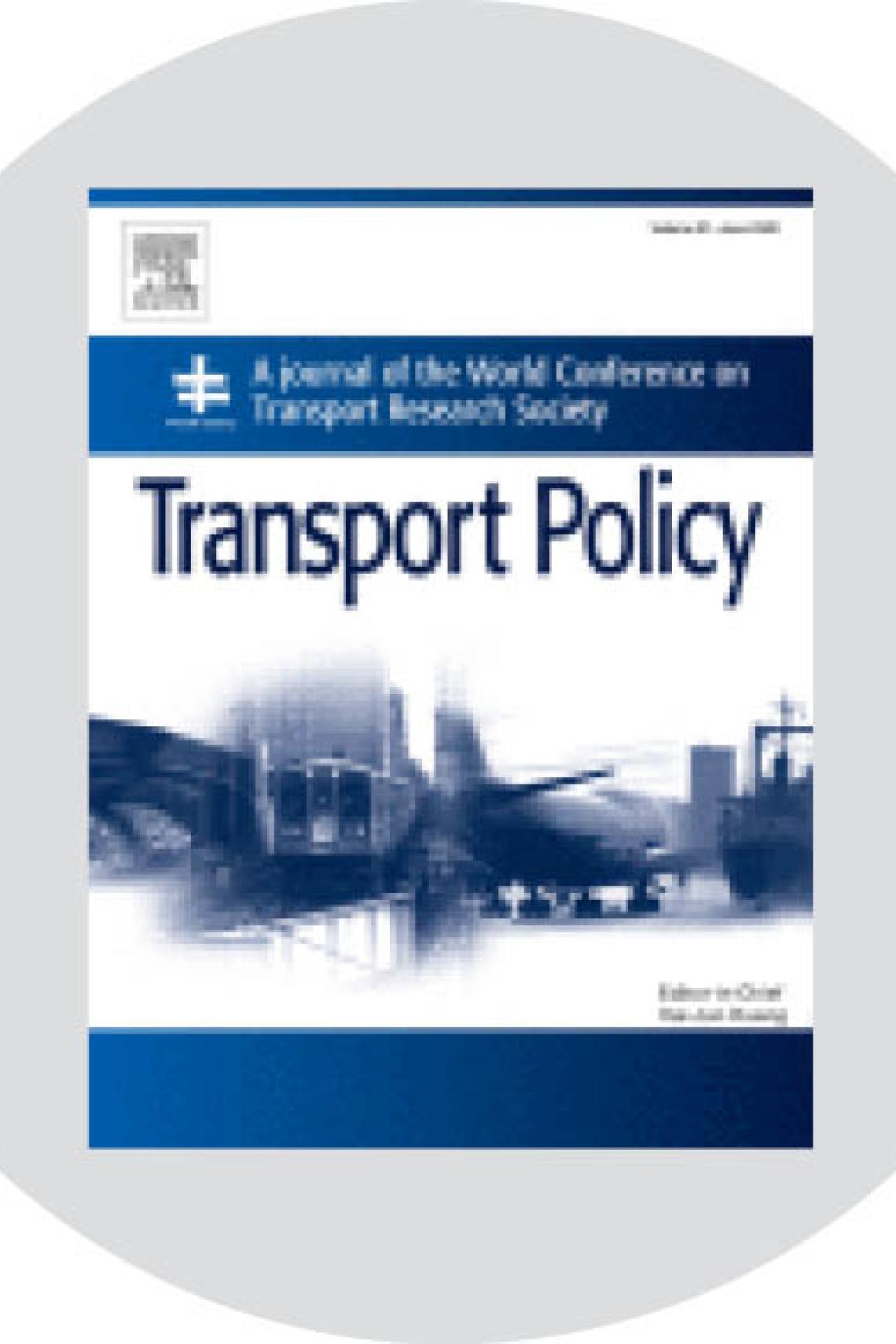New article co-authored by DPhil Biruk Terrefe explores governance of transport infrastructure interfaces
A new article co-authored by DPhil Biruk Terrefe with Philipp Rode and Nuno F da Cruz of the LSE investigates the governance of transport infrastructure interfaces, drawing on examples from two cities in Ethiopia.
Transport infrastructure interfaces are connection or touching points that bring together different city systems, technical characteristics and governance regimes. The empirical evidence for the paper comes from Ethiopia's new rail systems and is based on experiences in the capital Addis Ababa and the second largest city Dire Dawa.
The techno-spatial and organisational boundaries that define infrastructure interfaces are under-researched across disciplines. Yet it is at these hotspots of urban governance where many critical questions for cities arise: who governs, what to prioritise, how to coordinate?
Based on a multiple case study approach, this paper combines socio-spatial analysis with institutional analysis of infrastructure governance.
The findings include the identification of highly centralised and hierarchical governance and coordination dynamics, as well as the critical role of a new bureaucracy (the Ethiopian Railway Corporation) structured around core railway engineering competence rather than urban transport and development expertise. More generally, it is a techno-political alliance in Ethiopia which shapes urban development and the rollout of infrastructure at an unprecedented speed and scale.
Philipp Rode, Biruk Terrefe and Nuno F da Cruz (2020) 'Cities and the governance of transport interfaces: Ethiopia's new rail systems', Transport Policy, DOI: 10.1016/j.tranpol.2020.03.004

